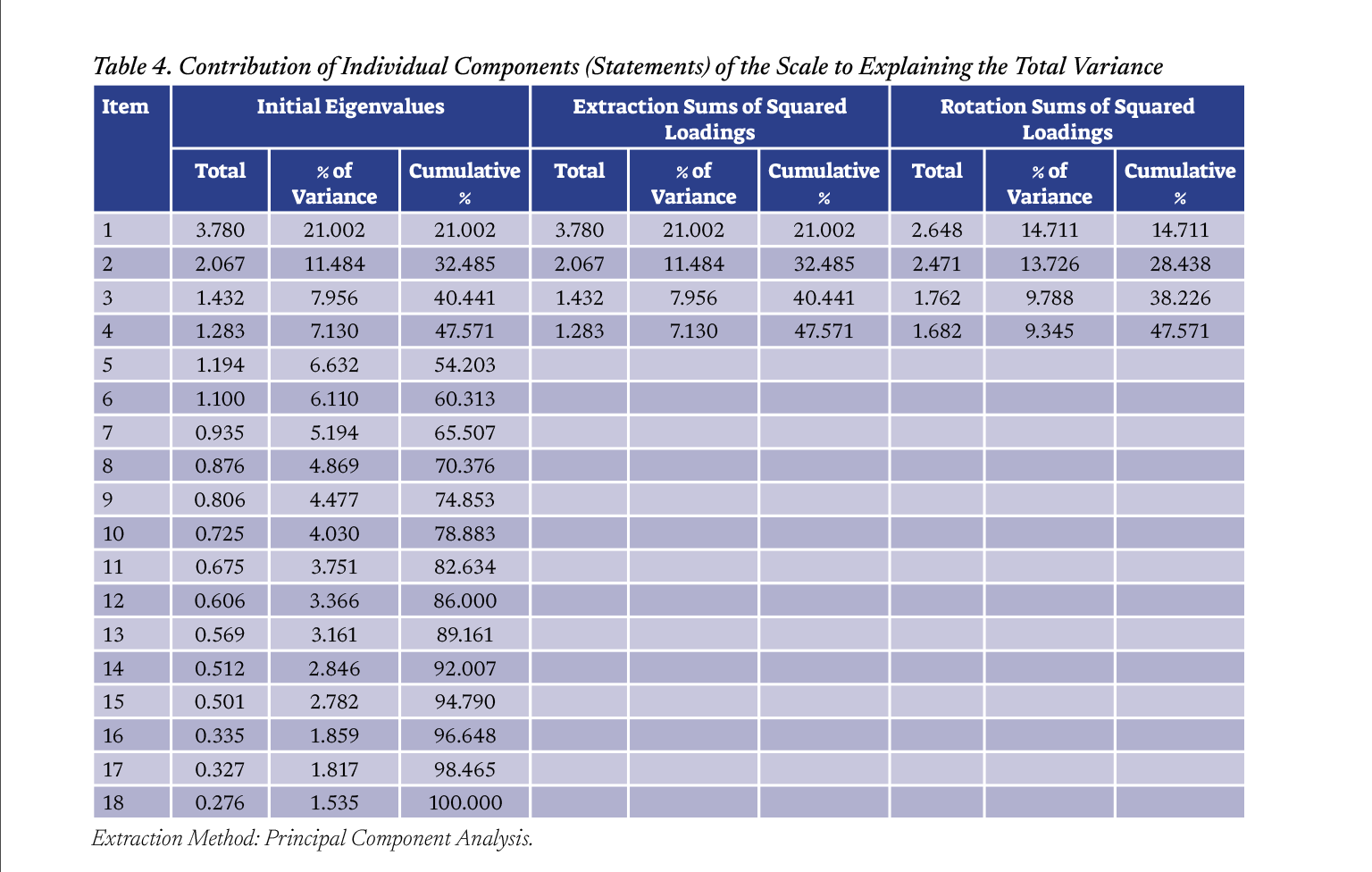Validation of the Slovenian version of the Patient-Practitioner Orientation Scale – PPOS
Validacija slovenske različice vprašalnika Patient-Practitioner Orientation Scale – PPOS
DOI:
https://doi.org/10.18690/actabiomed.286Keywords:
patient-centered care, Patient- Practitioner Orientation Scale (PPOS), validation, exploratory analysisAbstract
Purpose: Recent decades have seen the emergence of a healthcare framework that places the patient at the core, giving rise to a novel approach termed patient-centered care (PCC) which emphasizes the importance of understanding and respecting the individual needs, values, and preferences of patients, while promoting active collaboration between patients and healthcare providers at all levels. This approach also addresses the psychological, social, and spiritual needs of patients. Several questionnaires have been developed to measure PCC, among which Krupat’s *Patient-Practitioner Orientation Scale* (PPOS) is frequently used.
Methods: Validation of the PPOS questionnaire was conducted in several phases. The translation followed the recommendations of the World Health Organization and the ISPOR guidelines. The process included: translation of the questionnaire into Slovenian by two independent translators, review and harmonization of the translations by experts in the field of family medicine, back-translation of the questionnaire into English, and cultural validation of the questionnaire’s appropriateness. The questionnaire was distributed via email to participating family medicine physicians. This was followed by exploratory factor analysis of the data and an assessment of the scale’s internal consistency.
Results: The questionnaire was completed by 112 family physicians of various ages, working in different environments and practice sizes. Only items 9 and 13 in the questionnaire met the criterion of being “patient-oriented.” “Moderate patient orientation” was observed in item 17. All other items met the criterion of being “practitioner-oriented.” Exploratory factor analysis identified four factors within the scale. The reliability of each of the four factors was assessed. The calculation of Cronbach’s alpha showed acceptable internal consistency for the entire questionnaire (0.724), as well as for factor 1 (0.709) and factor 2 (0.688). For the other two factors, however, low internal consistency was observed (factor 3 = 0.437, factor 4 = 0.437).
Conclusion: The analysis of the results revealed a predominant orientation toward the practitioner. The validation process showed that the Slovenian translation of the questionnaire in its current form is not yet suitable for use. Further adjustments and additional validation are needed to ensure that the questionnaire becomes an appropriate tool for assessing PCC in the Slovenian context.
Downloads
References

Downloads
Published
Issue
Section
License
Copyright (c) 2025 Ksenija Tušek Bunc (Author)

This work is licensed under a Creative Commons Attribution 4.0 International License.